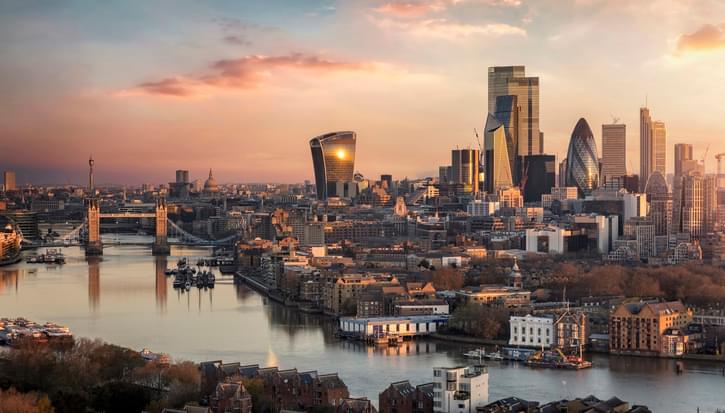International students and net migration in the UK
Article
Instead, the report recommends that students are counted in net migration figures only at the point they elect to stay on in the UK after study, for example to work or marry, and so switch into another migration category.
Most students leave the UK after studying, but most students stay for a few years - this means that they count as immigrants long before they count as emigrants. For a government committed to reducing net migration 'to the tens of thousands', this provides an incentive to reduce incoming student numbers and by doing so to 'bank' an apparent net migration saving, despite the fact that most students make no contribution to long-term net migration.
The report estimates that the government's stated policy of 'bearing down' on student migration could cost the UK £2-3 billion per year in economic contribution from the reduction of 50,000 international students per year. Changing the counting method to exclude students from net migration would remove the incentive to 'bear down' and so avoid this substantial loss. Moreover, an alternative 'pro-growth' policy to attract an additional 50,000 students could double this effect, adding to the economic might of the UK's education industry.
Related items

From bystander to builder: government guidance will be essential for industry to thrive
Global political attention remains fixed on Washington. US president Donald Trump’s tariffs (and the circling threat of new tariffs) are challenging the global economic order and throwing governments into chaos. Intensifying economic…
Accountability matters: Securing the future of devolution
English local government faces major reshaping.
Nuclear enrichment: Building a stable and effective nuclear workforce
The government has talked a good game on the future of nuclear generation.